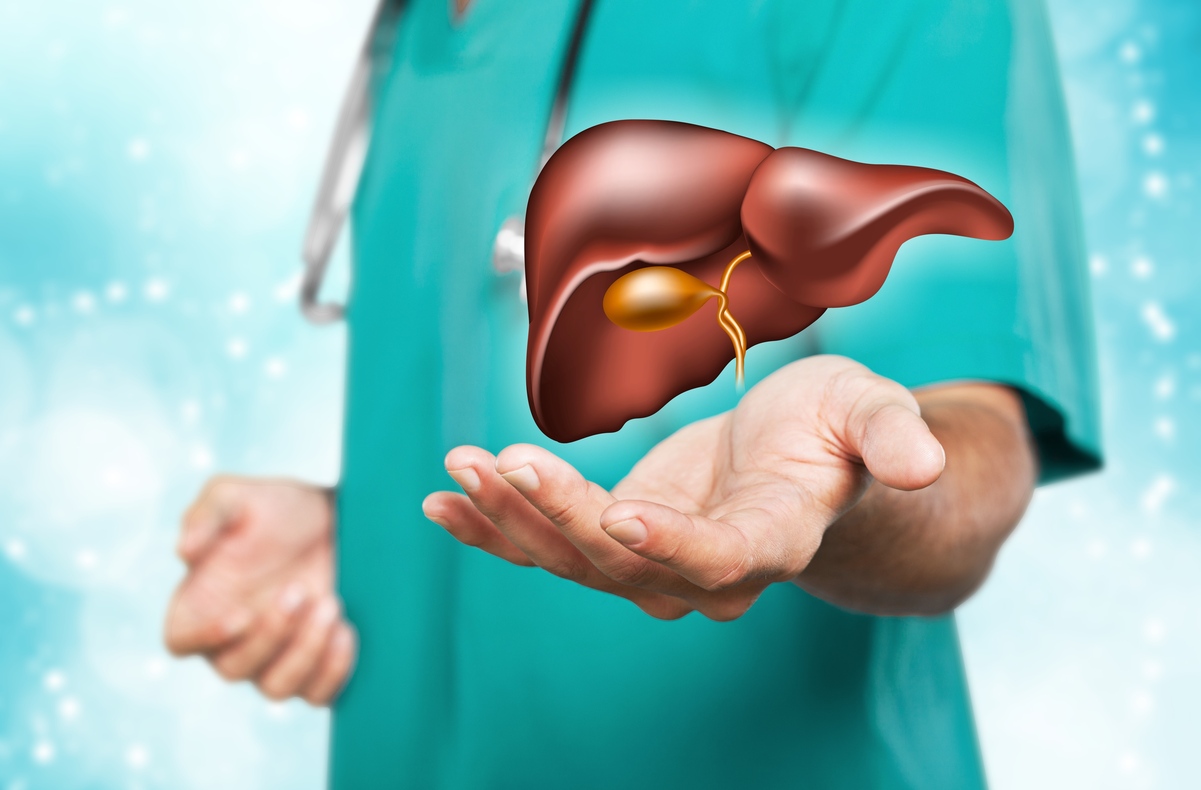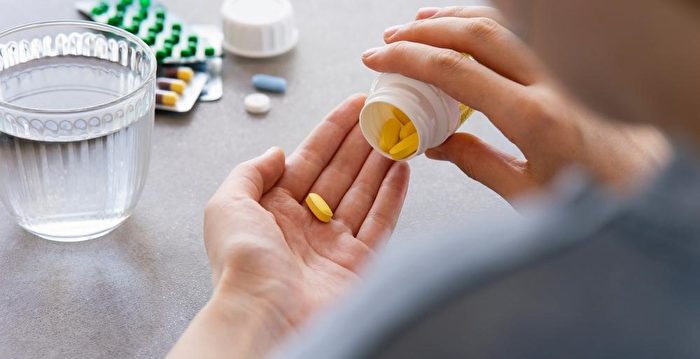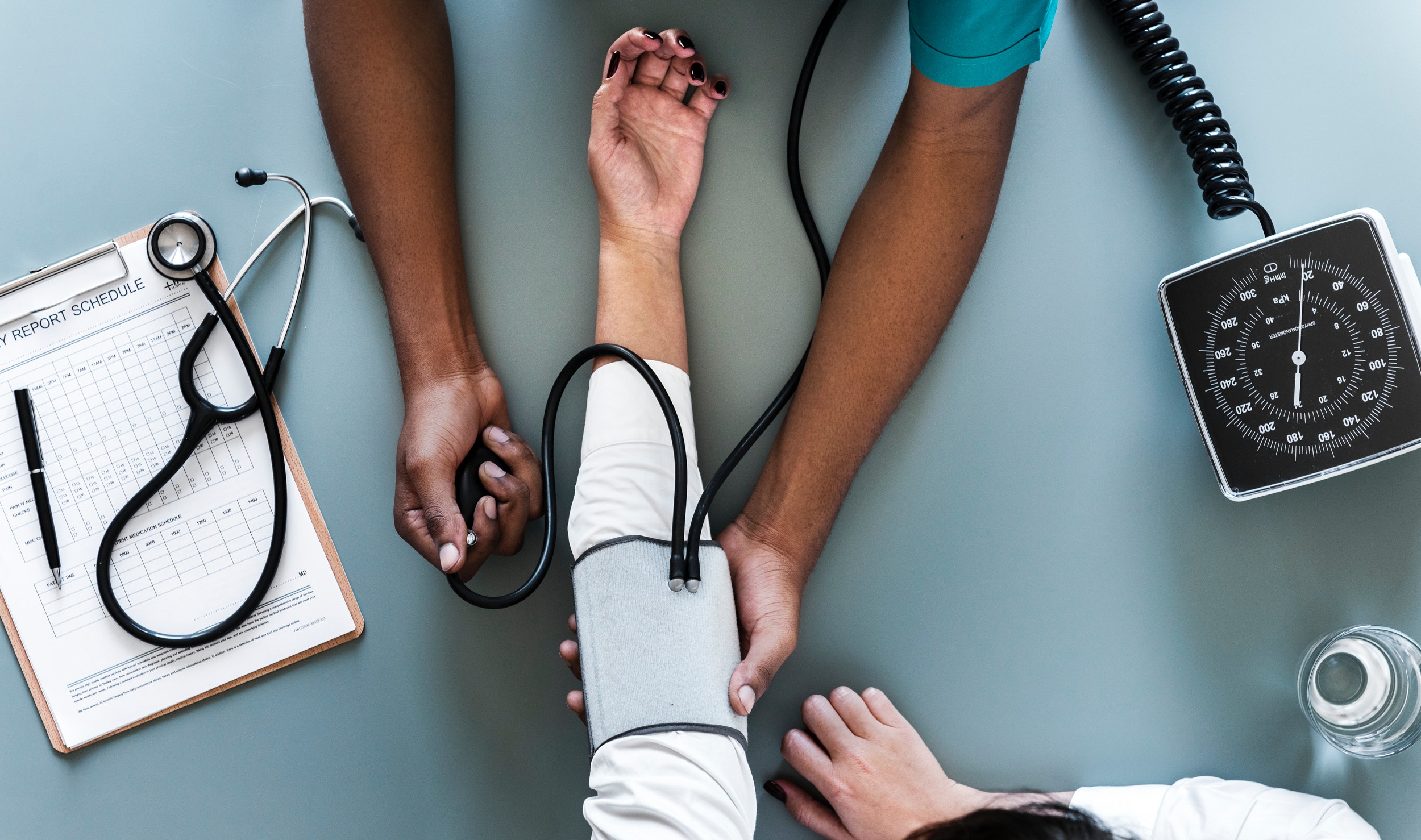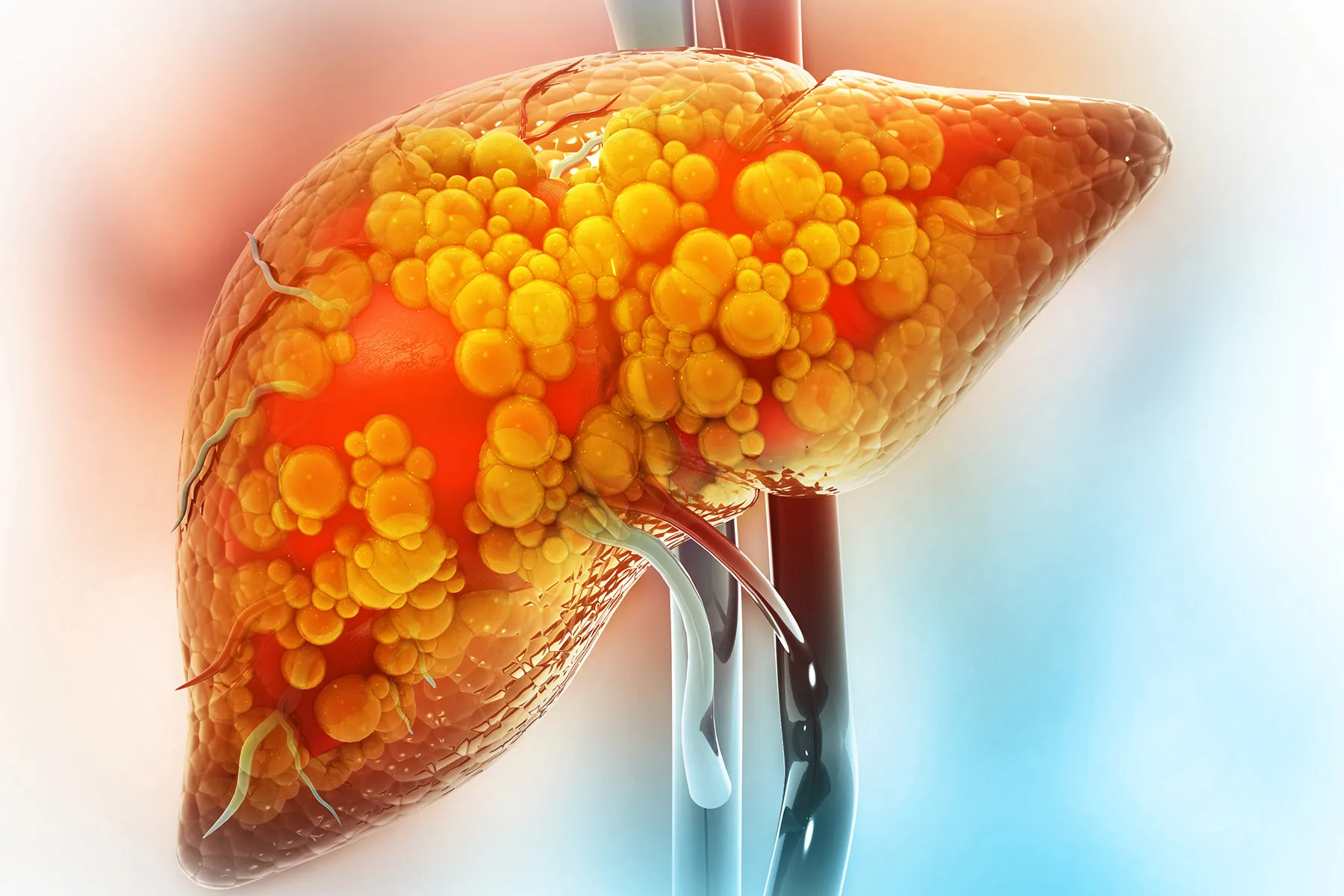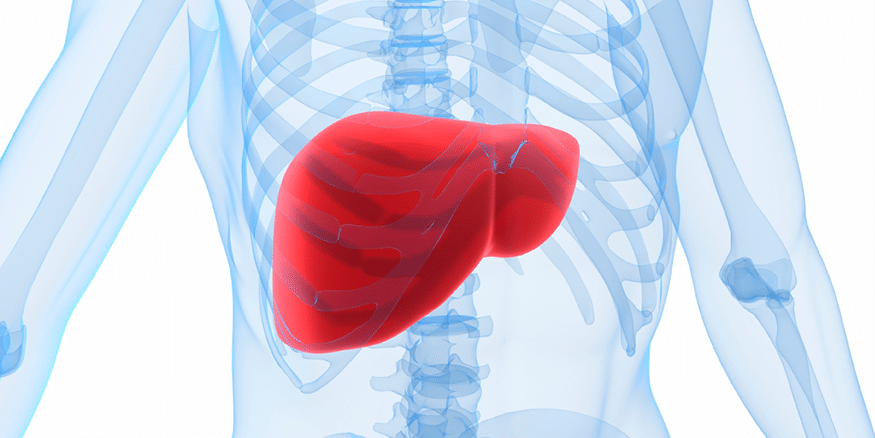The liver, a football-sized organ nestled under your right ribcage, acts as your body’s “processing plant.” It aids digestion, purifies blood by removing harmful substances, and stores energy for when you need a boost. Yet, it’s easy to overlook its importance until something goes wrong. As Rohit Satoskar, MD, from the MedStar Georgetown Transplant Institute, warns, “The liver is an organ you can easily damage if you don’t care for it properly—and once it’s ruined, it’s gone for good.”
So, how do you safeguard this unsung hero? The good news is that keeping your liver in top shape doesn’t require complicated tricks. It’s all about embracing a healthy lifestyle, according to Ray Chung, MD, medical director of the liver transplant program at Massachusetts General Hospital. “Protecting your liver is less about consuming ‘liver-boosting’ foods or drinks and more about steering clear of what harms it,” he explains.
1. Limit Alcohol Intake
Alcohol tops the list of liver threats. Excessive drinking damages liver cells, potentially causing swelling or scarring that can escalate into deadly cirrhosis. U.S. guidelines recommend men cap their intake at two drinks daily and women at one. Your liver can’t handle a constant barrage of alcohol, so moderation is key.
2. Eat Well and Stay Active
Your liver thrives on a healthy diet and regular exercise. Maintaining a healthy weight helps prevent metabolic dysfunction-associated steatotic liver disease (MASLD), formerly known as nonalcoholic fatty liver disease, which can progress to cirrhosis. Load up on vegetables, fruits, and whole grains while cutting back on fatty, sugary foods. Aim for at least 150 minutes of moderate aerobic activity—like brisk walking or cycling—each week.
3. Use Medications Carefully
Certain drugs can pose risks to your liver. Some cholesterol-lowering medications may occasionally trigger liver issues, while overusing the pain reliever acetaminophen (Tylenol) can cause harm. Acetaminophen hides in many over-the-counter cold remedies and prescription painkillers, so it’s easy to take more than intended.
Mixing some medications with alcohol or other drugs can also amplify liver damage. Always check with your doctor or pharmacist about medication safety to ensure you’re using them correctly.
4. Prevent Viral Hepatitis
Viral hepatitis is a serious condition that attacks the liver, with types including A, B, and C. Hepatitis A spreads through contaminated food or water; a vaccine is available if you’re at risk or traveling to outbreak-prone areas. Hepatitis B and C transmit via blood and bodily fluids—avoid sharing toothbrushes, razors, or needles, limit sexual partners, and use latex condoms to reduce exposure.
While there’s no vaccine for hepatitis C yet, one exists for hepatitis B.
5. Get Tested Regularly
Viral hepatitis can lurk silently for years without symptoms, making regular testing essential. If you’re at high risk or suspect exposure, ask your doctor about a blood test. The CDC advises all adults to screen for hepatitis C at least once in their lifetime and during every pregnancy, with high-risk individuals needing periodic checks.
6. Steer Clear of Toxins
Chemicals in some cleaning products, aerosols, and insecticides can harm your liver. Use them in well-ventilated spaces and avoid direct contact. Cigarette additives also damage the liver, so quitting smoking is a smart move for liver health.
7. Be Wary of Herbs and Supplements
Some herbal products and dietary supplements—like green tea extract, ginseng, or black cohosh—can injure your liver. Claims about “liver-restoring” remedies such as milk thistle seed, borotutu bark, or chanca piedra lack solid scientific backing. “There’s no high-quality evidence these promote liver health, and some may even be harmful,” Chung cautions. Consult a doctor before trying them.
8. Enjoy Coffee in Moderation
Studies suggest that drinking coffee may lower your risk of liver disease, though the reasons remain unclear. It’s not a cure-all, but as part of a healthy lifestyle, a cup or two could offer benefits—keep an eye on emerging research via coffee benefits.

Maintaining liver health hinges on consistent healthy habits and vigilance with medications. “The liver is remarkably resilient, but it has its breaking point,” Chung notes. Start today—treat your liver well, and it’ll keep working tirelessly for you. For more on liver disease prevention, take action with confidence.

